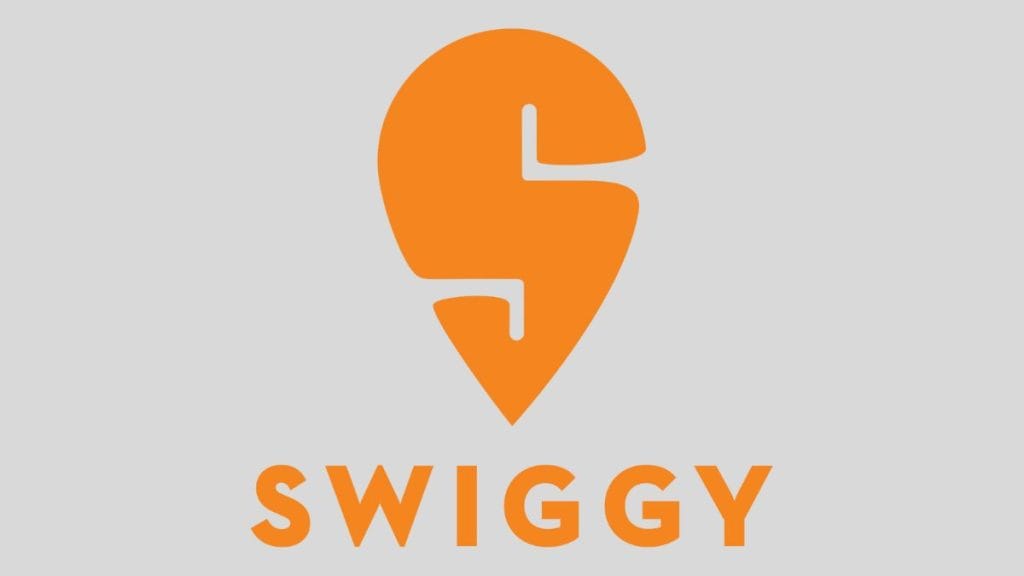New Delhi: Invesco, the Atlanta-based investment firm that led Swiggy’s previous funding round, has announced a significant markdown in the Indian food delivery giant’s valuation. According to recent filings, Invesco has adjusted the value of its holding in Swiggy to around $5.5 billion as of January 31, 2023. This represents a steep decline of 48.6% from the $10.7 billion valuation Invesco previously attributed to the startup.
This is the second time in recent quarters that Invesco has altered Swiggy’s valuation, having already reduced the value of its holding to $8 billion in October last year. In light of this revised valuation, Swiggy’s value now aligns with its primary publicly-traded rival, Zomato. Zomato, which counts Info Edge, Kora Management, and Tiger Global among its backers, has seen a sharp decline in market capitalization in recent months. As of Monday’s trading session, it closed at approximately $6.78 billion.
This trend of markdowns in valuation is not limited to Swiggy and Zomato alone. Byju’s, India’s most valuable startup at $22 billion, saw its valuation reduced by nearly half to $11.5 billion by BlackRock. However, Fidelity has maintained its holdings in Indian startups Meesho and Pine Labs, according to recent filings.
The recent markdowns in valuation bring to light the impact of global market conditions on Indian startups. Last year, funding activity in the Indian startup ecosystem declined, but the valuations of many larger startups remained unchanged, with some either raising capital through convertible notes or opting not to raise funds at all.
It is essential to note that investors evaluate the equity value of their startup portfolios in various ways. Therefore, a single investor’s valuation adjustment, no matter how significant, does not necessarily reflect the opinions of other investors or even the startups themselves. Invesco states that it considers the performance of “market participants” when determining the valuation of its portfolio startups. During the January period when Swiggy’s valuation was adjusted, Zomato’s market cap was trading significantly lower than its current level. As such, it is possible that Invesco’s perception of Swiggy’s valuation may have improved in the following months as market conditions evolved.
In conclusion, the markdowns in valuation for Indian startups bring a new perspective to the effects of global market conditions on the country’s startup ecosystem. While some startups may see a decline in valuation, others may continue to thrive and attract investment. Ultimately, investors evaluate startups based on various factors, and a single valuation adjustment does not necessarily reflect the broader market sentiment.










